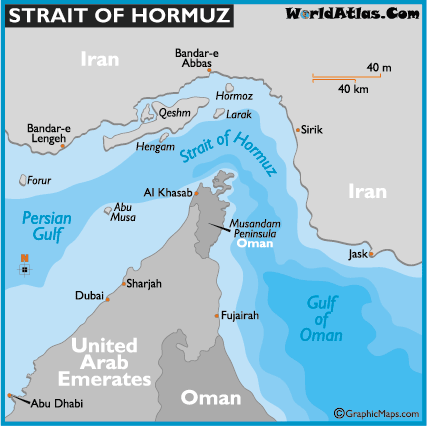
"TEHRAN, Iran (AP) -- Iran received a third shipment of nuclear fuel from Russia on Friday for a power plant being constructed in the southern port of Bushehr, state radio reported.
The 11-ton consignment arrived at the Bushehr power plant on Friday morning, and the remainder of the fuel will arrive in five separate shipments in coming months, the radio report said.
Iran received the first two shipments of nuclear fuel from Russia on December 17 and December 28 after months of dispute between the two countries, allegedly over delayed construction payments for the reactor.
Iran has said Bushehr, the country's first nuclear reactor, will begin operating in the summer of 2008, producing half its 1,000-megawatt capacity of electricity.
Tehran heralded the first shipment as a victory, saying it proved its nuclear program was peaceful, not a cover for weapons development as claimed by the U.S. and some of its allies.
The U.S. initially opposed Russian participation in building the
Bushehr reactor and supplying it with fuel, but reversed its position about a year ago to obtain Moscow's support for the first set of U.N. sanctions against Iran.
The United States and Russia have said the supply of nuclear fuel meant Iran had no need to continue its uranium enrichment program -- a process that can provide fuel for a reactor or fissile material for a bomb.
Iran has agreed with Russia to return the spent fuel to ensure it doesn't extract plutonium to build a bomb."
This move to import nuclear fuel for for electricity is going to pave the road for a more energy-efficient Iran. Although, the U.S. is conconcerned as to whether Iran will use the fuel to produce electricity or use the fuel to produce nuclear weapons. Also, the U.S. and Russia both agree that by importing nuclear fuel, Iran no longer needs to continue its uranium enrichment program; a program that the U.S. believes involves the production of bombs instead of fuel for a reactor.
click here for full story
GRADE THIS POST


























